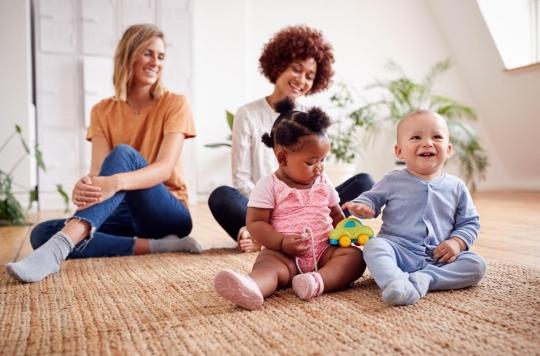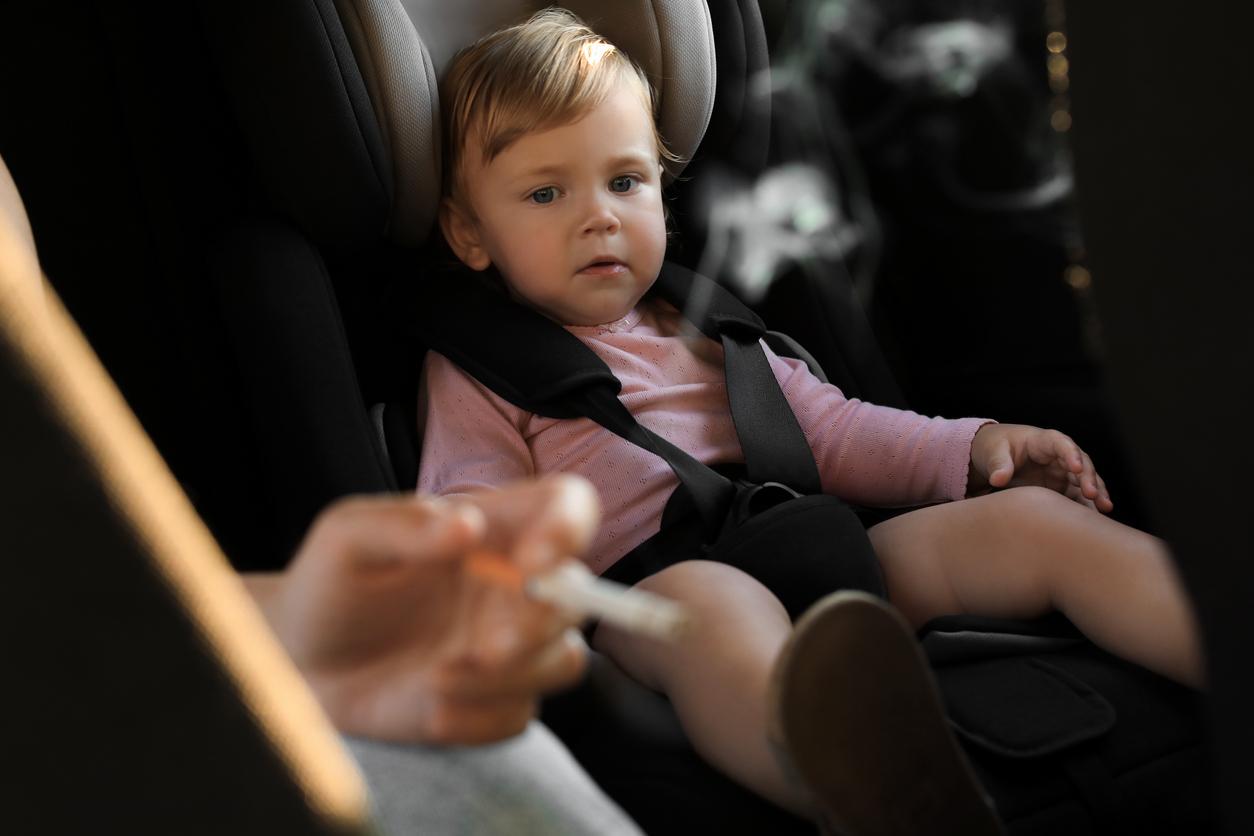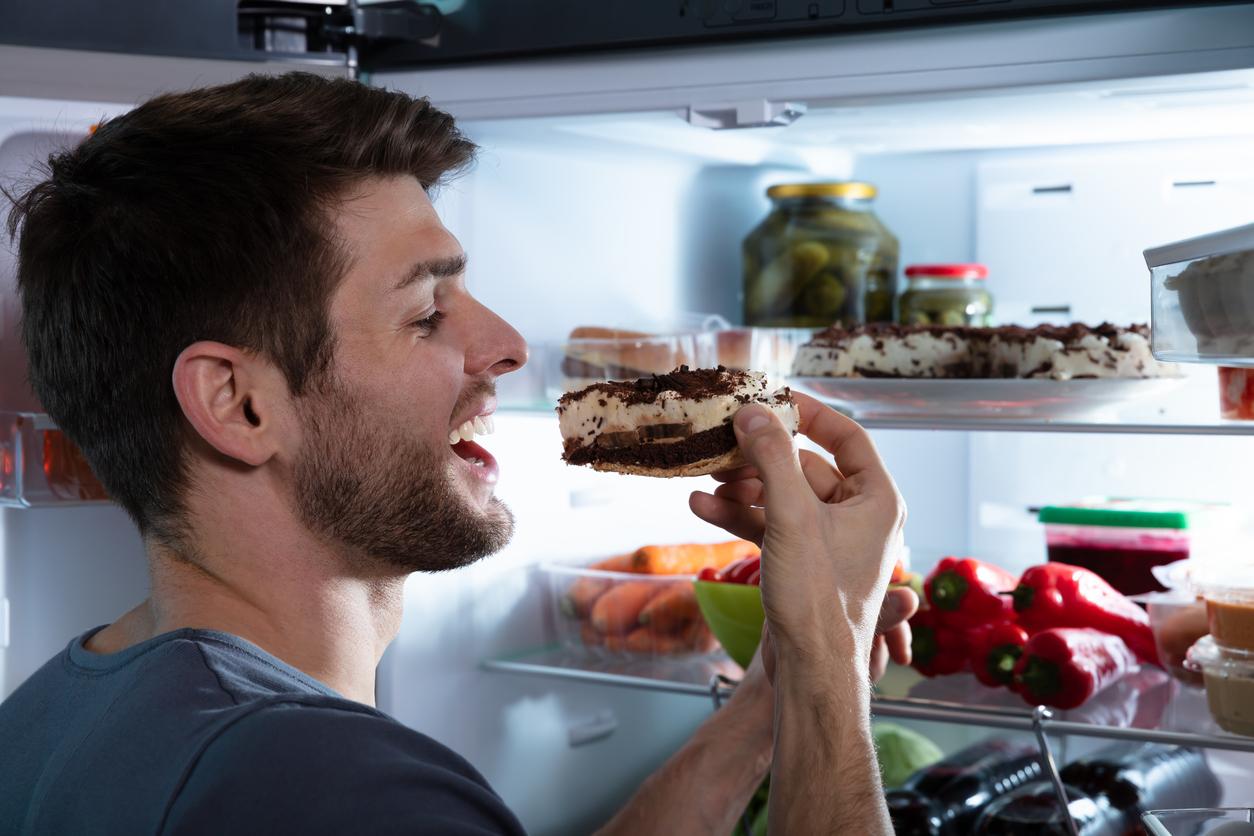Comparing yourself prevents you from valuing your own abilities.

If the parents all need to compare themselves to others to try to reassure themselves vis-à-vis their parental abilities, they can quickly feel devalued or dissatisfied and think that they are not up to it. To avoid this, it’s best to focus on your strengths and keep in mind that each family is unique.
What happens when you compare yourself to other parents?
Comparing yourself as parents, or comparing your children to others, allows you to know where you are in development or the behavior to be adapted. However, forgetting one’s own personality and wanting to be like others at all costs can be particularly unhealthy and affect self-esteem.
How to avoid comparison?
Before any comparison, remember that each child is unique through his personality and his needs depending on the times and what happens in his daily life. Of course, having some markers of child development and learning about education by asking others can help, but know how to take a step back by recognizing the uniqueness of your child and the relationship you have with him.
Rather than comparing yourself to others, compare yourself to yourself by trying to improve your behavior with realistic goals. The same for your child, the important thing is to encourage him to progress in general, independently of others, taking into account his needs, his personality and his desires.
If in doubt about what is normal or not, contact an education, psychology or health professional, for example.
Find out more: “The development of the child on a daily basis: From 0 to 6 years old” by Francine Ferland.
.

















